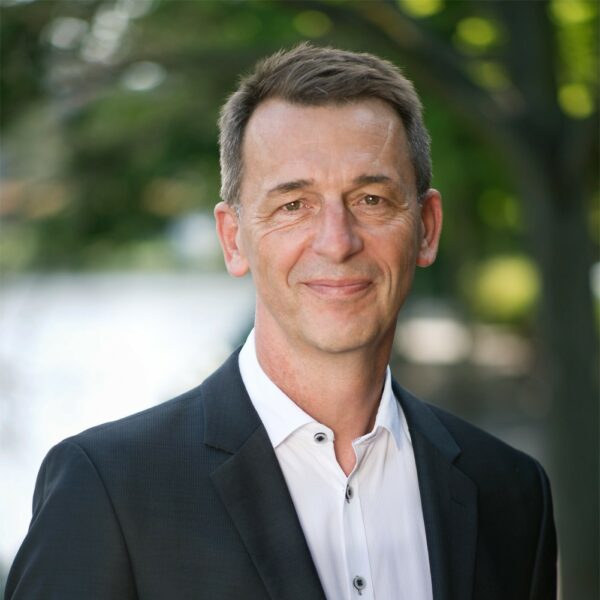This article, by our Executive Director, is part of a collection of think-pieces by civil society leaders called “The Future of Civil Society Organisations” co-ordinated by International Council of Voluntary Agencies and the International Civil Society Centre, with a foreword by their respective Executive Directors. The writings focus on current challenges and opportunities brought by the COVID-19 pandemic. They are conversation starters over the transformations we want to see in society, and the humanitarian, social justice and environmental sector.
The Future of Civil Society Organisations (PDF)
In his book ‘The Great Leveller‘, the historian Walter Scheidel analyses how inequality in societies around the world has continuously, since the stone ages, worsened. His compelling piece describes the only three scenarios which have reduced inequalities significantly: wars, natural catastrophes and pandemics.
Scheidel is cautious in saying that a historical analysis does not predict the future. And frankly, reading his book in 2019 did not inspire hope and confidence for a concerned reader.
In April 2020, six weeks into the Corona pandemic, this feels different. While we’re still grappling with the painful comprehension and immediate management of the situation, our thoughts around a desired future start moving into the foreground. Doing away with inequalities, eliminating the gap between haves and have-nots and creating perspectives for people with lesser opportunities, is definitely part of that desired future.
Inequality is just one of the global injustices we want to overcome. Each of us, irrespective of organisational mandates, could name half a dozen threats to global justice – from ruthless wars to a broken food system, from the doom of climate change to political oppression. Over the past years, it has been painful, slow, sometimes seemingly hopeless to move forward on such big themes. And now? Is there a sudden opportunity to overcome these and heal the broken systems?
Well, certainly not by magic nor quickly. But the current crisis has shown previously unimaginable actions and reactions, and might as well be a watershed unfreezing of what we think is possible and not. Do we dare to articulate, with a stronger voice and determination, the transformations we want to see in the global societies?
Futurists and foresighters are currently looking at weak and strong signals on the post-Coronavirus situation. The most unlikely scenario will be ‘business as before’, once a solution – vaccine or treatment – is found. The biggest questions appear around so-called ‘systems changes’. Is the globalist, capitalist, financial and political system good enough in times of increasing global challenges? Where will our societies drift – back into nationalist and inward-looking behaviours, or forward towards global solidarity, interconnected actions and multilateral governance? And how will the current experience affect our dealing with ‘the other’ large global crisis around climate change?
Highly relevant to these future systems will be the role of organised civil society, whether it is aid, social discourse, political decision-making or framing the narratives that hold our societies together. We should not let others define the future of the values and systems that matter for civil society around the world.
Civil society’s most significant contribution to overcoming this crisis will be working in collaboration, focusing on solidarity and empathy. The humanistic values that bind us, and the societies we work in, demand that we are forward-looking and strategic in our actions, irrespective of the high operational pressures out there. Putting people, unorganised and organised civil society at the centre of post-Coronavirus planning is the task we need to unite behind and show collective leadership.
But we need more. To start with, the vision of a just and healthy planet, as articulated in the Sustainable Development Goals need refreshing. Following on from that, all major political and societal decisions need to be guided by that vision, by the ambition for a just society and clean environment.
Here are some ideas. What if:
– People in the service sector, the formal and informal gig economy, are paid a living wage;
– Mass mobility is drastically reduced in lieu of ecologically sustainable ways to meet and communicate;
– Taxation is directed towards a stronger common good, and tax avoidance loop-holes closed and tax evasion penalties are enforced with lasting consequence;
– Reformed multilateral crisis mechanisms effectively ceasing wars and sanctioning crimes against humanity;
– Production and consumption patterns support local economies, protect the environment and foster healthy diets;
– Inclusion of the ‘bottom billion’ in digitalisation, job creation and public health care becomes a priority for development ambitions;
– Human rights principles and civic freedom move back into the centre of societal values discussions?
The list can be expanded. We need the courage and the determination not to waste this crisis. Only then, can we bring people together as a society that shows solidarity and cohesiveness in the current crisis and goes beyond the fragmentations and antagonisms that have characterised the past years.










